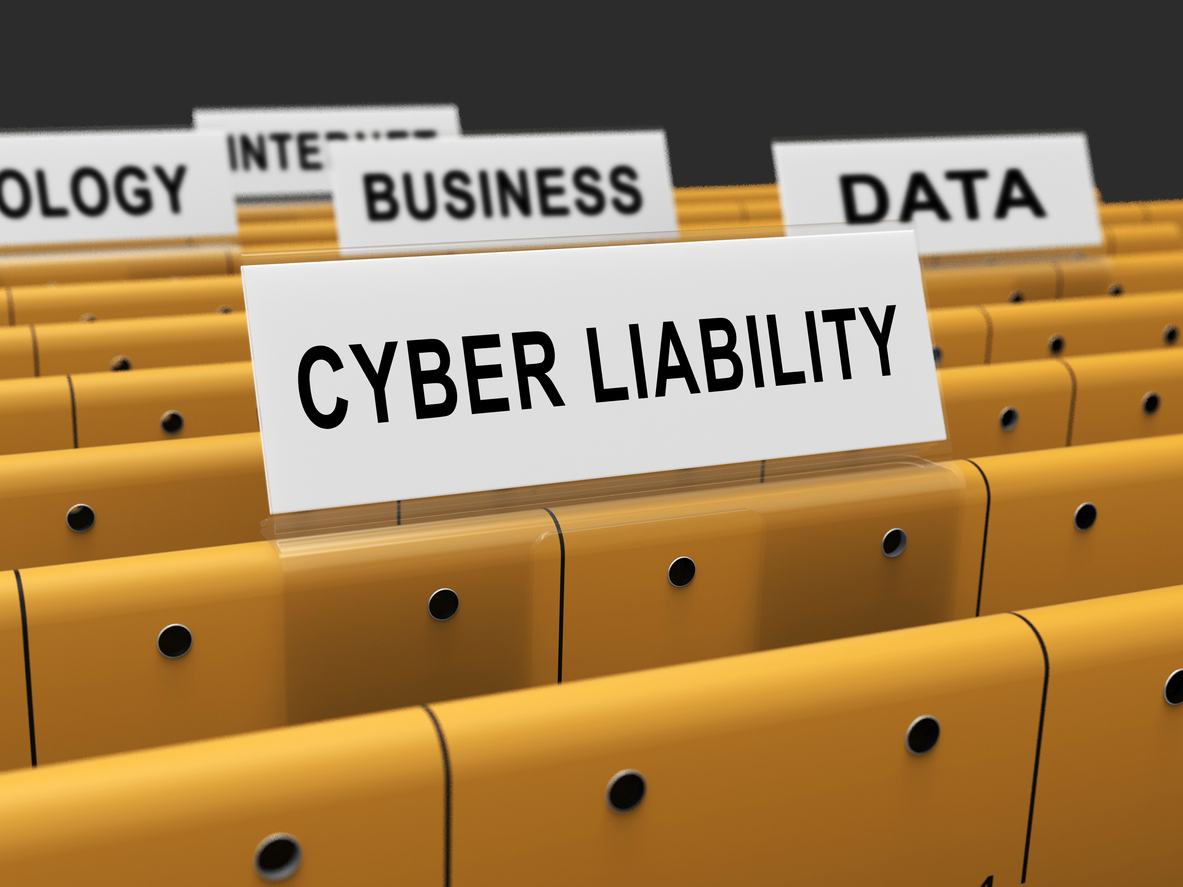
There are some basic understandings of cyber liability insurance and it is essential for ABA providers to know about the small details to protect themselves. Digital crime and cyber attacks are no longer a threat exclusively relegated to governments, critical infrastructure, and global corporations. Small and medium-sized businesses in every industry increasingly fall prey to phishing attacks, ransomware, and data breaches. Professional IT and information security systems are a great first line of defense against hackers. Still, even the experts at Crowdstrike recommend adding cyber liability insurance to your business insurance is crucial to recovery after a cybersecurity event.
What to Know About Cyber Liability Insurance
We live and do business in a digitally interconnected world. Still, many of our institutions and civil infrastructure have yet to catch up and are ill-equipped to handle the risks associated with this level of connectivity. Even a tiny breach in your cybersecurity can result in a domino effect through your and your client’s systems, leaving you potentially liable for all the damage caused along the way. Many businesses discover too late that their general liability policies leave them completely exposed to this risk and are financially devastated. Cyber liability insurance can defend your business from the risks that traditional liability plans won’t cover.
What Does Cyber Liability Cover
A thorough cyber liability policy will, first and foremost, protect your business from a breach in your physical network and all your data and cover the damages caused by the loss or abuse of this sensitive information. It will also protect you in the case of a similar attack against your vendors, clients, and other third parties that result in damages to you. Your policy should also cover acts of cyberterrorism and any incident that impacts your business, regardless of where the threat originated. Check out this informational guide from the Federal Trade Commission for a breakdown of what features to look for in cyber insurance.
What Kind of Policy is Right for My Business?
According to Nerdwallet, almost every business is at risk of cybercrime and needs to assess the level of protection they should prepare for. Cyber liability insurance policies don’t just need to cover first-party damages such as loss in revenue from interruptions or ransomware and system recovery costs. Still, they also provide third-party liability for costs incurred from legal action and regulatory fines. Suppose your business provides any level of technology products or services to customers. In that case, you will want E&O coverage (technology errors and omissions) to cover the cost of customer damages caused by problems associated with your technology. Ensure you are working closely with technical and legal staff and contractors to identify what areas need top priority when building your coverage plan.
How to Defend Your Business from Cyber Liability
The unfortunate impact of a cyberattack on your business can be catastrophic if unprepared. Cyber liability Insurance is a critical part of your digital defense strategy. Securing the right coverage for your unique products and services will help you recover from losses if and when that defense eventually fails. Don’t wait until it’s too late to find the gaps in your general liability policy – set up a consultation with your agent to discuss cyber insurance coverage immediately.
About Olson Duncan Insurance
At Olson Duncan Insurance, we strive to offer all-inclusive solutions rather than mere quotes or policies. Our clients rely on lasting, trust-based relationships and appreciate the tailored insurance and risk management solutions they receive. Contact Daniel and our team at (310) 373-6441 to discuss your needs or request a quote.

